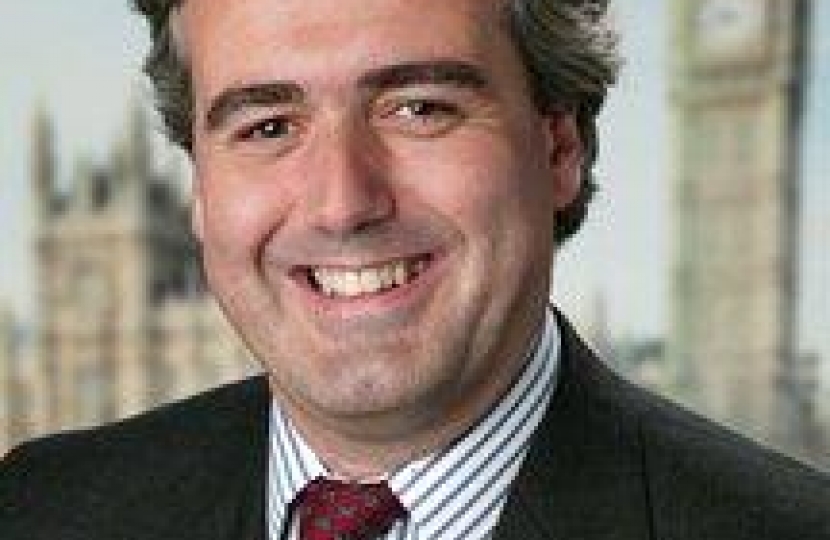
Last week saw a day of industrial action mounted by a number of unions. Up to a million public sector workers would strike, against issues such as pay caps and changes to pension arrangements.
It is true that there have been pay caps and pension changes in the public sector. They have been brought about to tackle the crises that the government inherited in 2010, where we were having to borrow £1 for every £4 we spent on running the country. But four years later, after the economy has begun to recover it is fair that public sector workers ask why they still need to have pay caps imposed and pensions adjusted.
The reason is simple. Whilst things are better, we are not through the woods yet. This year we will still borrow two thirds of that borrowed to get through 2010. For every £7 we spend now, we borrow over £1. The financial crisis is not yet over, even though it has been massively repaired by the action of the government.
The truth is that the government could have slashed public spending much harder and much faster. But that would have caused greater hardship to millions. By tackling the crisis at a steady pace, nearly a million more private sector jobs have been created than have been lost in the public sector. The government has also made clear choices to help people – 3 million have been taken out of income tax at the lower end of incomes; low paid public sector workers have seen greater pay increases. But the fact still remains, items such as pensions need reforming simply because a pensions model designed between the wars is simply unsustainable in an age when people will spend more time in retirement than work.
IN Wyre Forest the effects of the strikes were minimal and I am incredibly grateful to those public sector workers – especially in schools – who came to work, helping families who cannot easily adjust their work patterns to look after children. I am immensely sympathetic to those public sector workers who find themselves struggling. But the reality is this: if we do not tackle this crisis in a sustained and gentle way, we will have to deal with it in the future in far harsher way. I, for one, want to tackle this while we still can and not leave it to our children to deal with.
